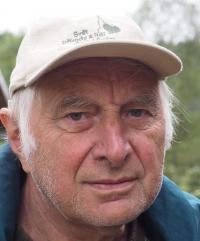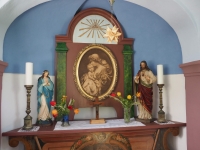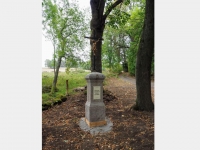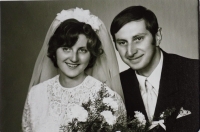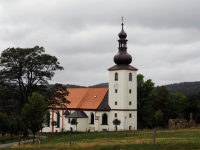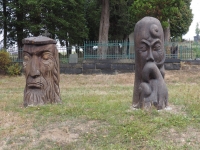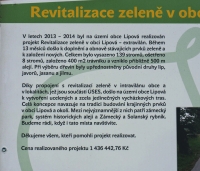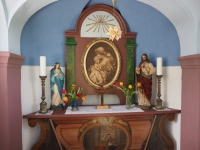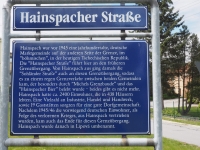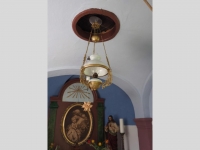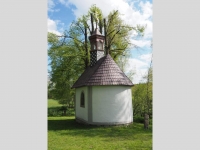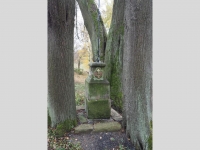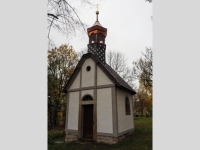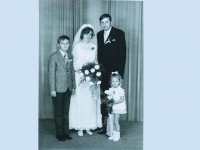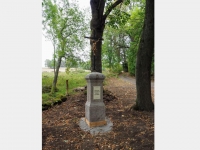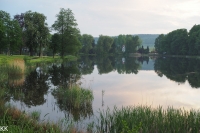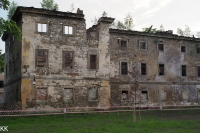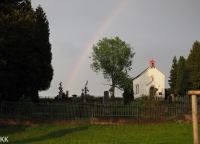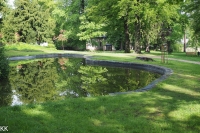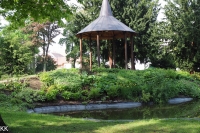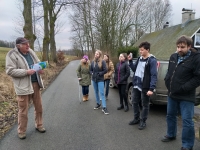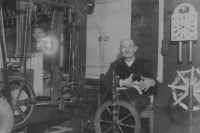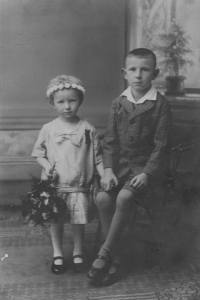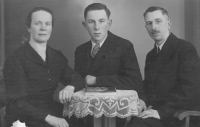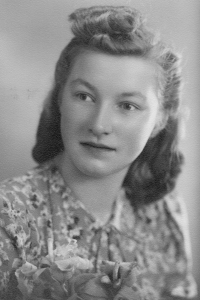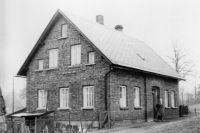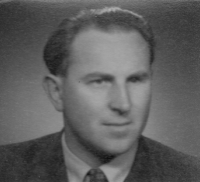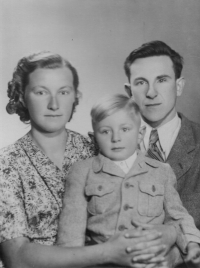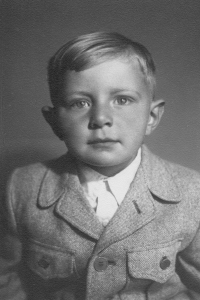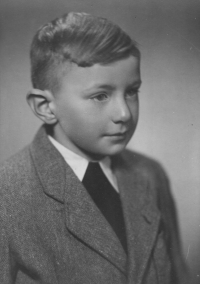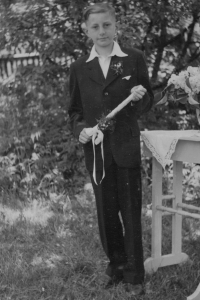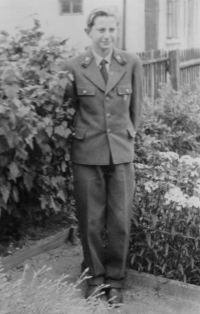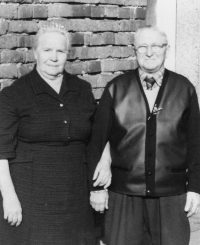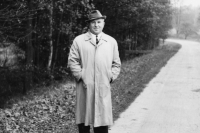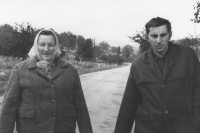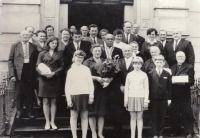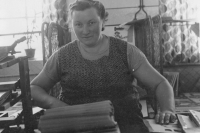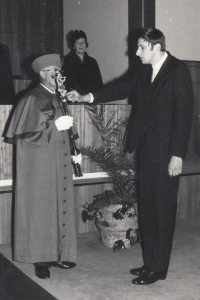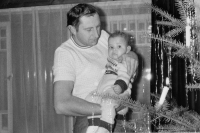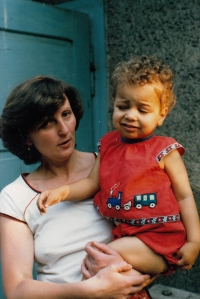We escaped eviction, but my parents had to buy the house again
Download image
Werner Hentschel was born on 24 November 1945 in Lipová in the Šluknov region into a German family. Until 1945, the village was inhabited mostly by German-speaking people, who were almost all deported after the war. Werner’s parents and grandparents escaped the forced removal as persons important for the maintenance of the local industry. But his other relatives had to leave the place where the family had lived for hundreds of years. The witness gravitated towards working in the forest, and despite cadre obstacles due to his background, he achieved a university degree in forestry. Because of his knowledge of German and his intellectual qualities, he had already been lured into the intelligence service during the war, which he refused. Later he also faced offers to work with the secret police. The highlight of his career was his position as head of the administration of the Elbe Sandstone Protected Landscape Area. In addition, Werner Hentschel was involved for almost ten years in the preparations for the declaration of the Bohemian Switzerland National Park. He retired in 2007. In his retirement he worked as a councillor and deputy mayor of the municipality of Lipová and began to devote himself to the restoration of small monuments in the area of the Šluknov Spur. In 2023, the witness lived in Liščí u Lipové. In 2023, another shooting of the witness took place. We would like to thank the town of Rumburk for its financial support.
